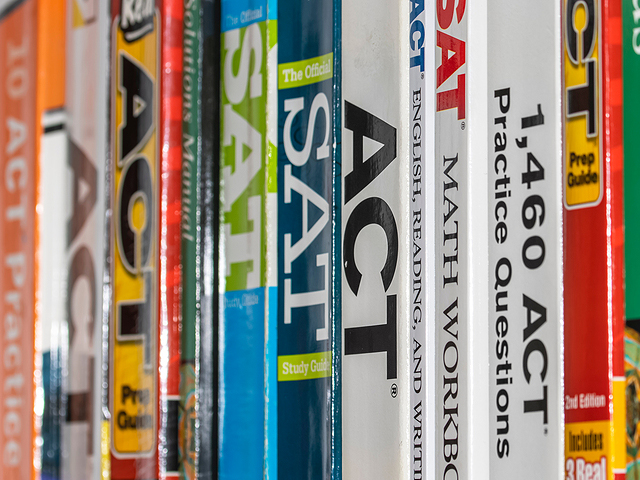
Using your senior high school year to develop life skills that will help you excel in college is a wise plan. Practicing certain things now will establish positive habits in the future. Take this time to concentrate on specific things that will put you ahead of the game.
Money Management Is Key
Building a solid foundation for your financial success in the future is essential. Before you set off for college, check out the following ideas to consider.
Keep Track Of Your Expenses & Your Income
There are plenty of budgeting apps that are simple to operate and work with your smartphone to sync information. This is a great way to avoid going into debt and allow you to know how well you are spending your funds. Budgeting is an essential piece of staying on top of your budget.
Make Time To Check Your Bank Statements
Your bank will send you a statement regarding your spending each month. Understand how to read these statements so that you can view how much you have spent and how much has been deposited. Check out all the fees that are charged including account fees and overdraft fees. If you are paying overdraft fees, this is indicating that you are spending more than you earn. It is a warning to slow down and keep your spending in check.
Check your records against the bank statement. This task is easier if you utilize some form of personal finance software. Many apps come with a feature to "reconcile," allowing you to check your personal records to see if they mesh with the bank statement.
If you have any suspicious transactions, be sure to notify your bank and fix any mistakes if they arise. Having the ability to reconcile and read your financial information is one of the key steps against identity theft and staying organized.
Prioritizing Your Expenses Takes Time & Focus
Discovering your priorities is a huge part of optimal money management. Practice understanding the difference between wants and needs. Ensure your necessities are covered before you spend any cash on items from your "want or wish list."
Don't forget to ensure that you are a priority. Setting cash aside for the future is a major part of creating your financial priorities. Be sure to set up a savings account or a money market account once you start your after-school job to initiate the habit to save and allow your funds the chance to grow interest.
Plan Your Shopping Excursions In Advance
Patience is one of the best financial skills you can master. It is always tempting to want to buy what you want when you want it. However, this is an easy way to lose track of your budget and overspend. Instead of buying items spontaneously, plan your purchases by looking at your priorities and your budget.
This will help you ensure you save up by the time you go shopping and gives you some time to consider if the item is really necessary or not. Establishing a waiting period can give you time to consider your needs versus wants and this can help you make wiser choices.
Creating and practicing strong financial skills will help you put everything into practice before you go to college. This will put you ahead of the game with your finances as you will be familiar with saving and planning and able to spend responsibly.
Comparison Shopping Can Save Money
Once you are responsible for making your own choices about food preparation, groceries, household items and clothes to purchase, you will want to take advantage of the best deals around. Prices will range depending on the retailer, name brands, and factors including shipping and location. Understand how to seek the best value on services and products to get the most for your money.
Comparison shopping can be simple with barcode scanning smartphone apps and reading flyers online. You can make fast comparisons between what you find in person at the store and what is available online or at a different location. Start reading online reviews of various products to help you determine the best cost and quality choices.
Money Sense Matters
Spending time to develop wise financial habits now can save you this week, this month and for your entire future. It will take some practice and will probably not happen immediately. There will be mistakes made and lessons learned along the way. However, it is a life skill that you will need to manage for everything from paying for college, rent, groceries, bills, saving for a down payment or travel and having a family of your own one day.
Developing bad habits of making minimum payments only, stretching your resources too thin or impulsively shopping will definitely catch up with you eventually. Keep your finances organized and simple to avoid any unforeseen issues arising.











